Sun-Loving Palms: What Are Some Palm Trees For Pots In Sun
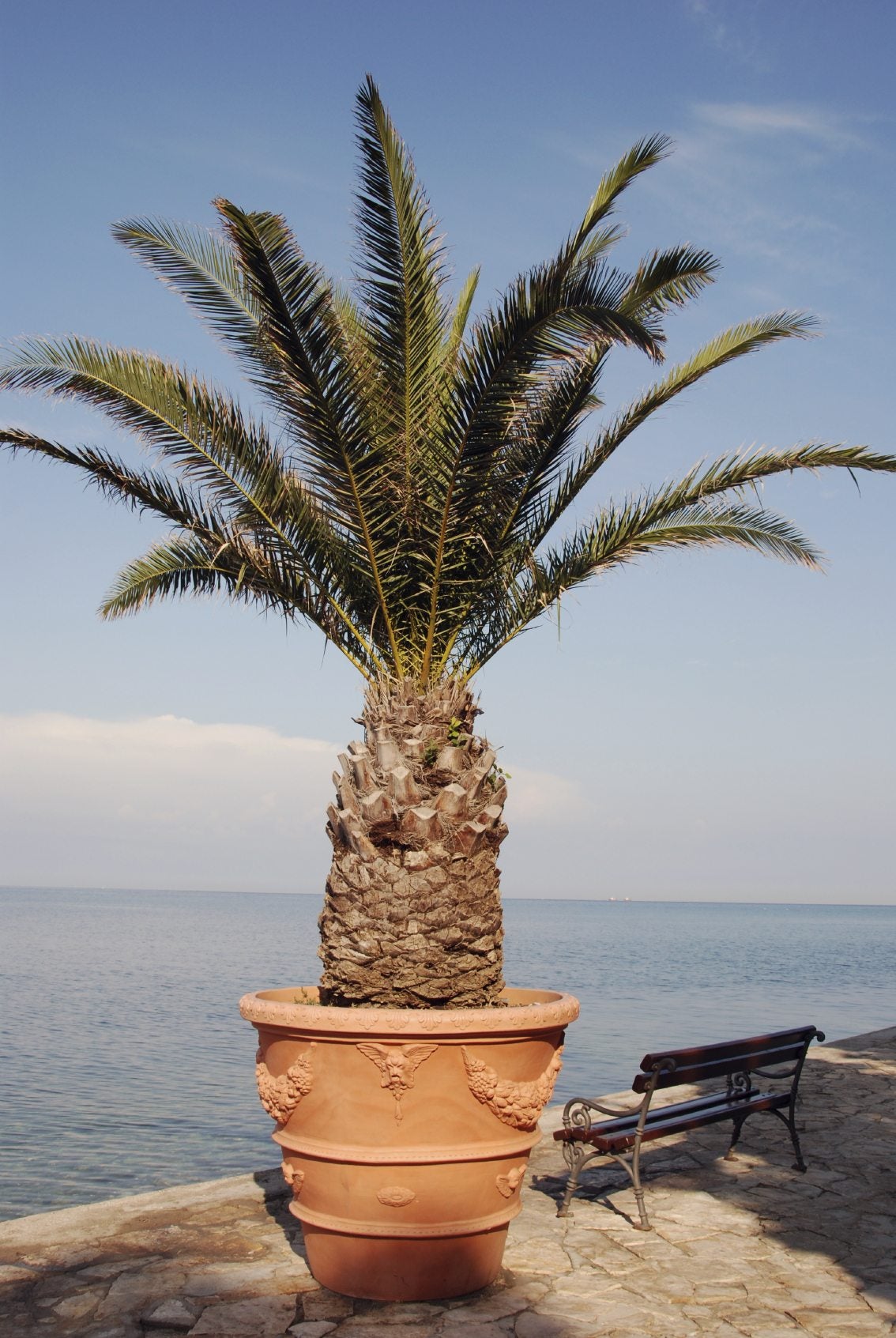

If you’re looking for sun-loving palm trees, you’re in luck because the selection is huge and there is no shortage of full sun palm trees, including those well suited for containers. Palms are versatile plants and many varieties prefer filtered light, while a few even tolerate shade.
However, potted palms for full sun are easy to find for nearly every environment under the sun. If you have a sunny spot, you can even try growing palm trees in a container. Be sure to check the cold tolerance because palm tree hardiness varies widely.
Growing Palm Trees in Containers
Here are some of the more popular palm trees for pots in sun:
- Adonidia (Adonidia merrillii) – Also known as Manila palm or Christmas palm, Adonidia is one of the most popular potted palms for full sun. Adonidia is available in a double variety, which reaches about 15 feet (4.5 m.), and a triple variety, which tops out at 15 to 25 feet (4.5-7.5 m.). Both do well in large containers. It is a warm-weather palm suitable for growing where temps don’t fall below 32 degrees F. (0 C.).
- Chinese Fan Palm (Livistona chinensis) – Also known as fountain palm, the Chinese fan palm is a slow-growing palm with a graceful, weeping appearance. At a mature height of about 25 feet (7.5 m.), Chinese fan palm works well in large pots. This is a hardier palm that tolerates temps down to about 15 degrees F. (-9 C.).
- Bismarck Palm (Bismarcka nobilis) – This highly sought after, warm weather palm thrives in heat and full sun, but won’t tolerate temperatures below about 28 F. (-2 C.). Although the Bismarck palm grows to heights of 10 to 30 feet (3-9 m.), growth is slower and more manageable in a container.
- Silver Saw Palmetto (Acoelorrhape wrightii) – Also known as Everglades palm or Paurotis Palm, Silver saw palmetto is a medium-sized, full sun palm tree that prefers plenty of moisture. It is a great container plant and will be happy in a big pot for several years. Silver saw palmetto is hardy to 20 degrees F. (-6 C.).
- Pindo Palm (Butia capitatia) – Pindo palm is a bushy palm that can eventually reach heights of 20 feet (6 m.). This popular tree thrives in full sun or partial shade, and when fully mature, can tolerate temps as chilly as 5 to 10 degrees F. (-10 to -12 C.).
Gardening tips, videos, info and more delivered right to your inbox!
Sign up for the Gardening Know How newsletter today and receive a free copy of our e-book "How to Grow Delicious Tomatoes".

A Credentialed Garden Writer, Mary H. Dyer was with Gardening Know How in the very beginning, publishing articles as early as 2007.
-
 Looking For Plants To Give You The Soft And Fuzzies? Try These 5 Fuzzy Leaf Plant Options
Looking For Plants To Give You The Soft And Fuzzies? Try These 5 Fuzzy Leaf Plant OptionsLovers of texture, drama, silver foliage and tactile plants will adore these special sensory garden additions. These fuzzy leaf plant options will leave you all aglow
By Susan Albert
-
 Get Ready For A Summer Of Hummers! Grow These Full Sun Hummingbird Plants and Flowers
Get Ready For A Summer Of Hummers! Grow These Full Sun Hummingbird Plants and FlowersIf you’re lucky enough to enjoy a sunny backyard, make sure you are maxing out on your pollinator opportunities and grow these full sun hummingbird plants and flowers
By Tonya Barnett
-
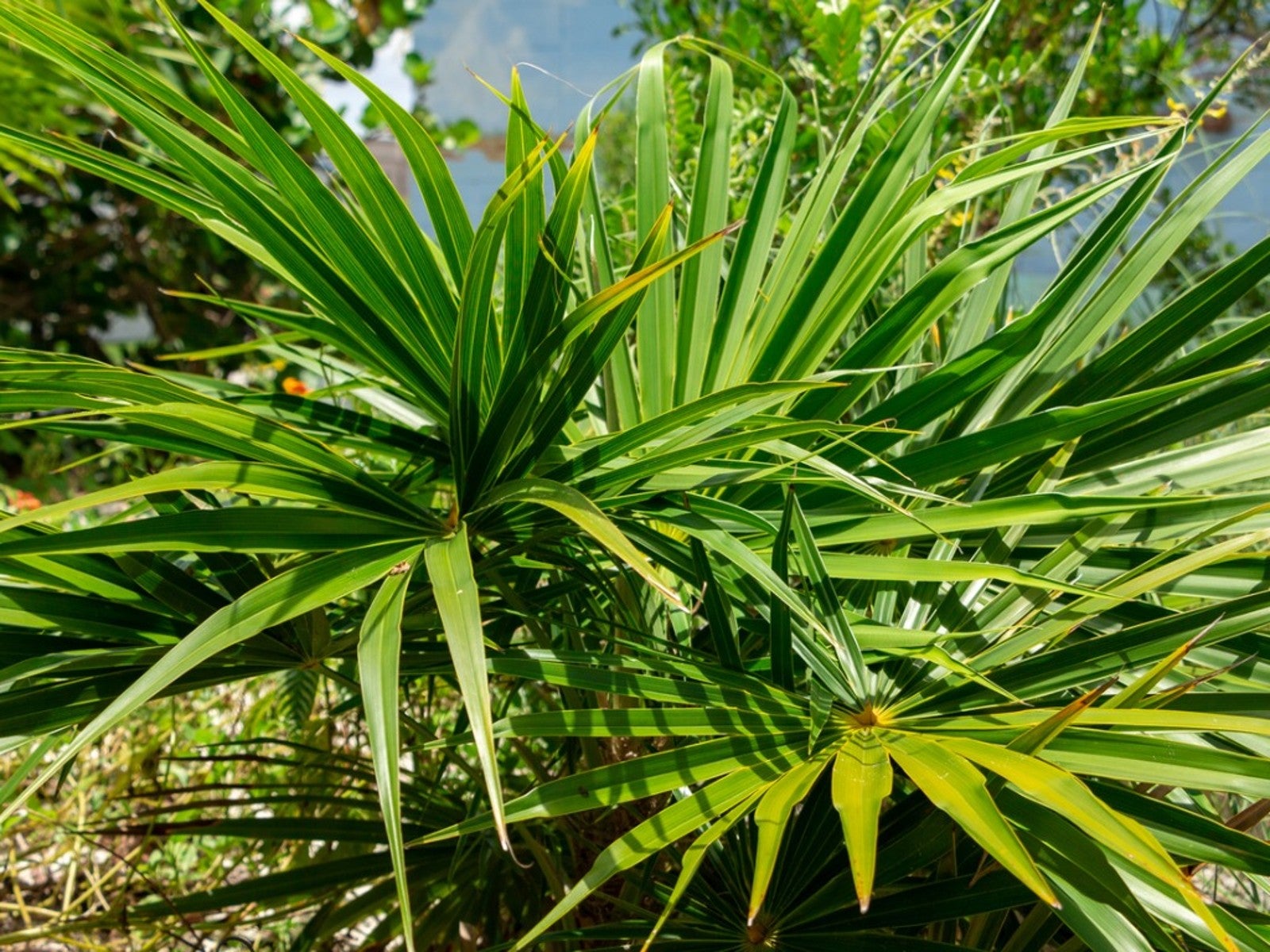 Florida Thatch Palm Facts – How To Grow Florida Thatch Palm Trees
Florida Thatch Palm Facts – How To Grow Florida Thatch Palm TreesGrowing Florida thatch palms is not difficult in the right climate. If these trees interest you, read on for more Florida thatch palm facts.
By Teo Spengler
-
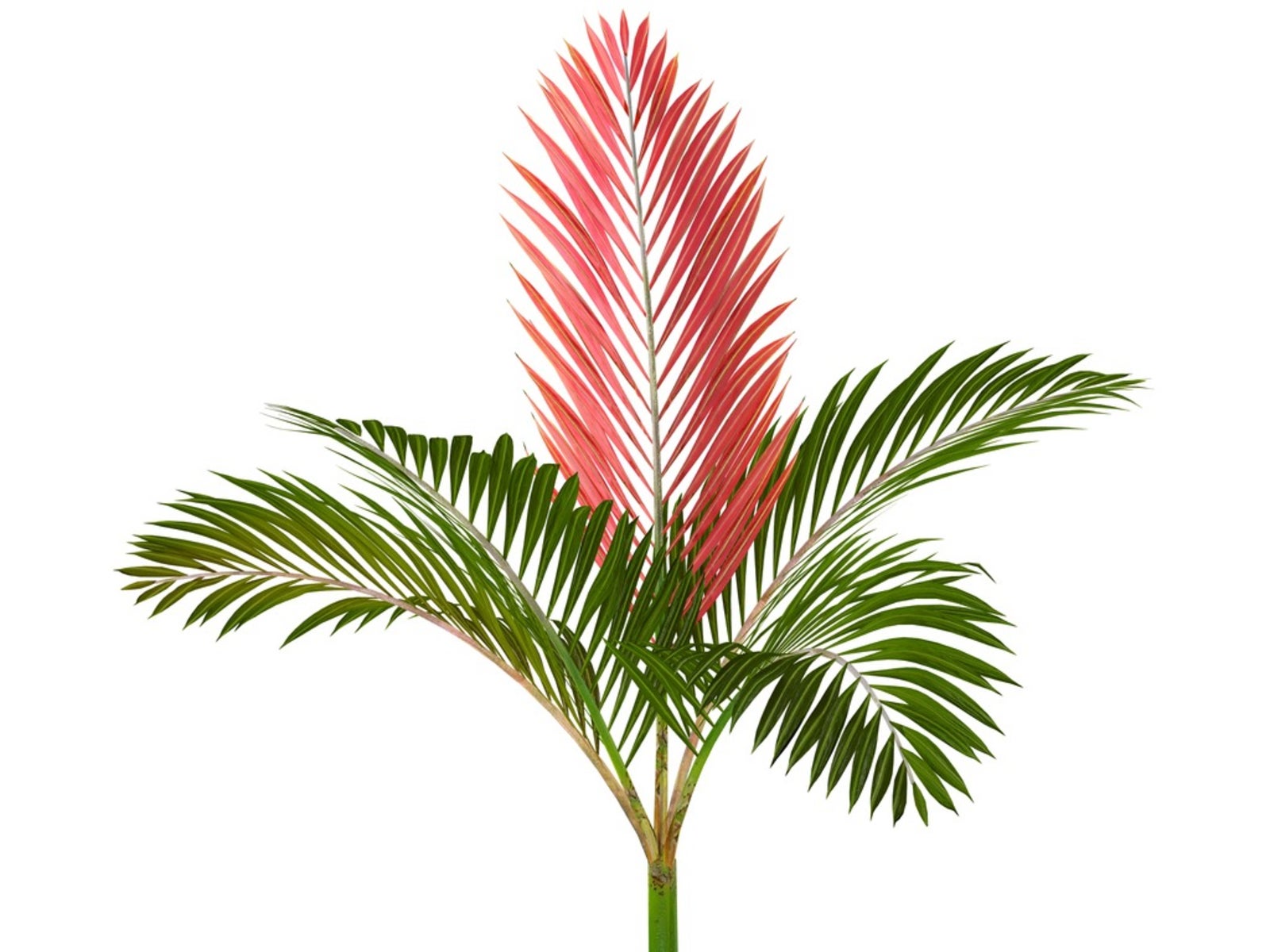 Red Leaf Palm Information – Learn About Growing Flame Thrower Palms
Red Leaf Palm Information – Learn About Growing Flame Thrower PalmsRed leaf palms are exotic and beautiful trees with leaves that grow in scarlet. If you’re thinking of growing these trees, click here for more information on red leaf palm care.
By Teo Spengler
-
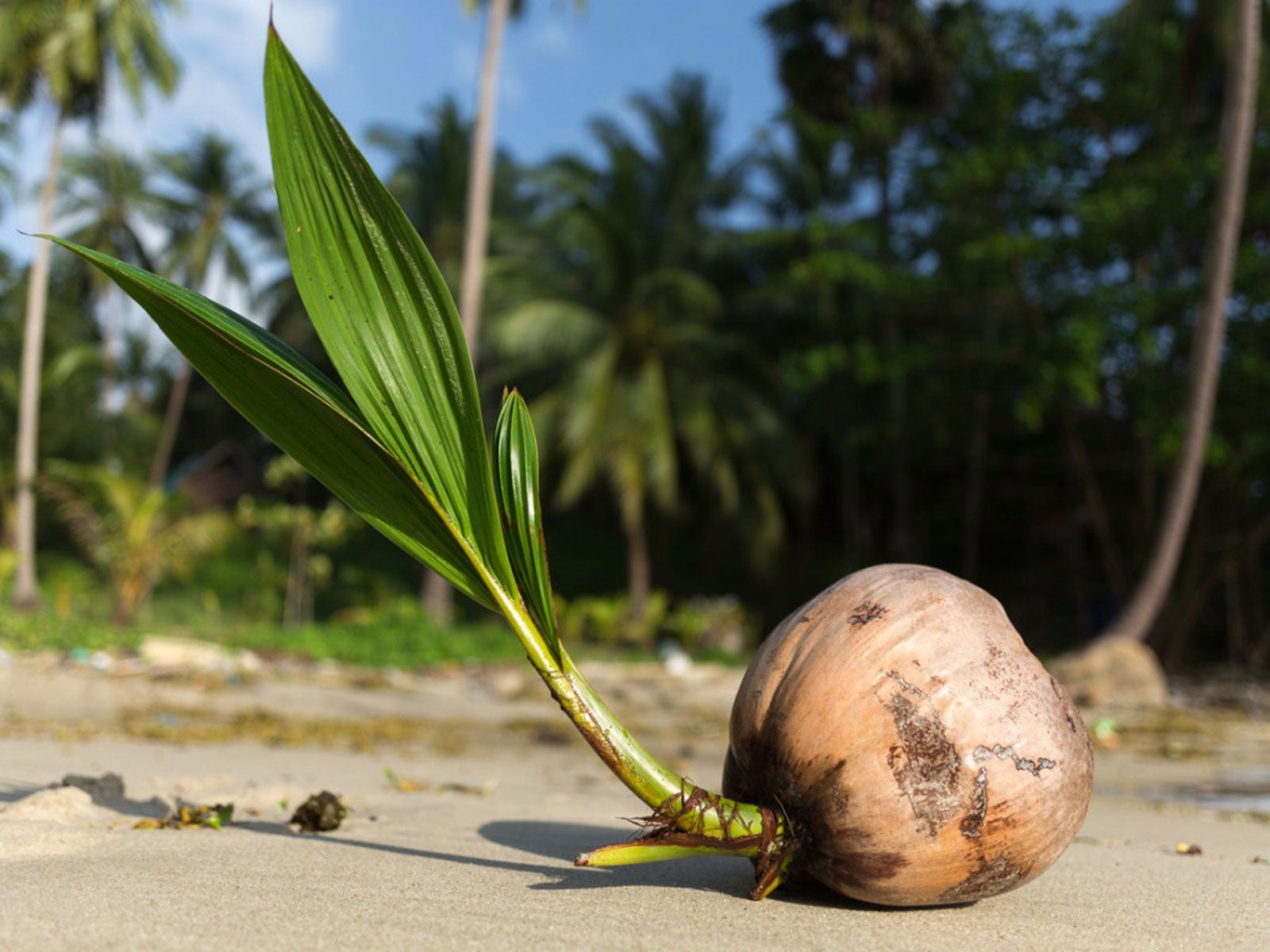 Palm Tree Seed Germination: What Does A Palm Tree Seed Look Like
Palm Tree Seed Germination: What Does A Palm Tree Seed Look LikePalm tree seed germination is not a matter of weeks but months or even years. Click here for more information on growing palms from seed.
By Teo Spengler
-
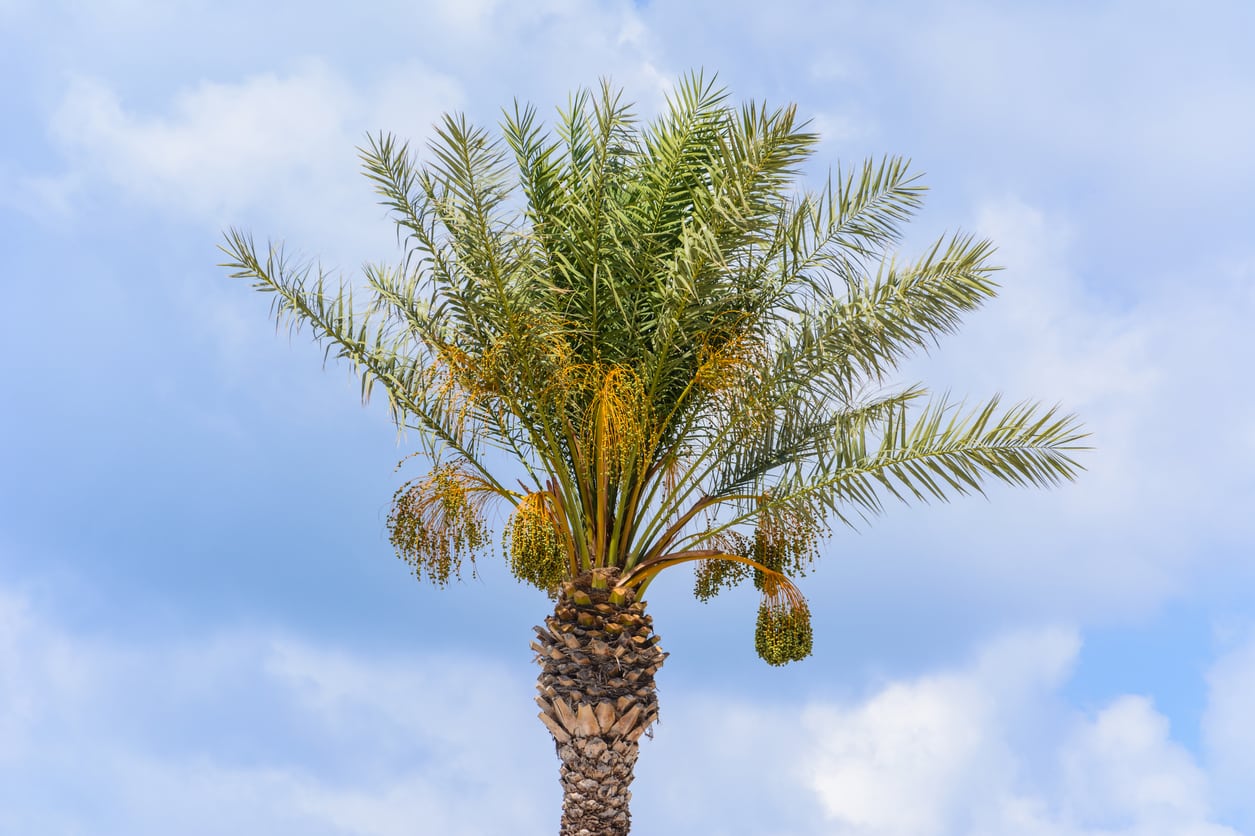 Feeding A Palm Tree: Learn How To Fertilize Palms
Feeding A Palm Tree: Learn How To Fertilize PalmsPalm trees are planted as specimen plants for their exotic, tropical look. However, palm trees have high nutritional demands and the calciferous, sandy soil they’re normally grown in cannot always accommodate these needs. Click here to read more about fertilizing palm trees.
By Darcy Larum
-
Pink Rot On Palms: Tips For Treating Palms With Pink Rot Fungus
Pink rot fungus is a palm tree disease that infects damaged or weakened palms. Like many fungi, it is easier to prevent than it is to treat. Here are some tips on dealing with pink rot on palms. Click this article to learn more.
By Jackie Carroll
-
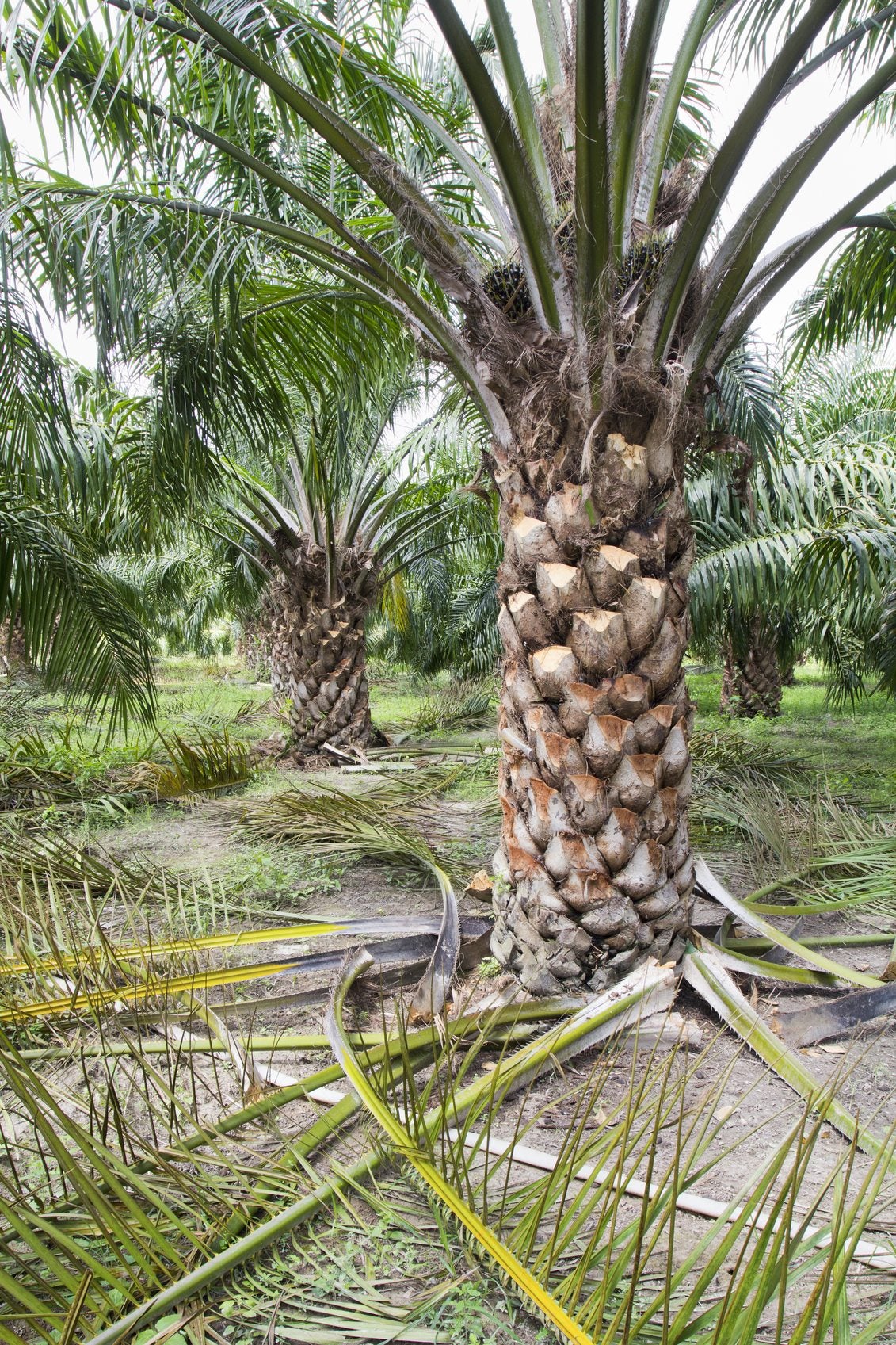 Pruning Palm Plants: Tips On Cutting Back A Palm Tree
Pruning Palm Plants: Tips On Cutting Back A Palm TreeCutting back a palm tree will not make it grow faster. This myth has caused gardeners to do extensive palm tree pruning that doesn't help and can hurt the tree. If you want to know how and when to prune a palm tree, this article will help.
By Teo Spengler
-
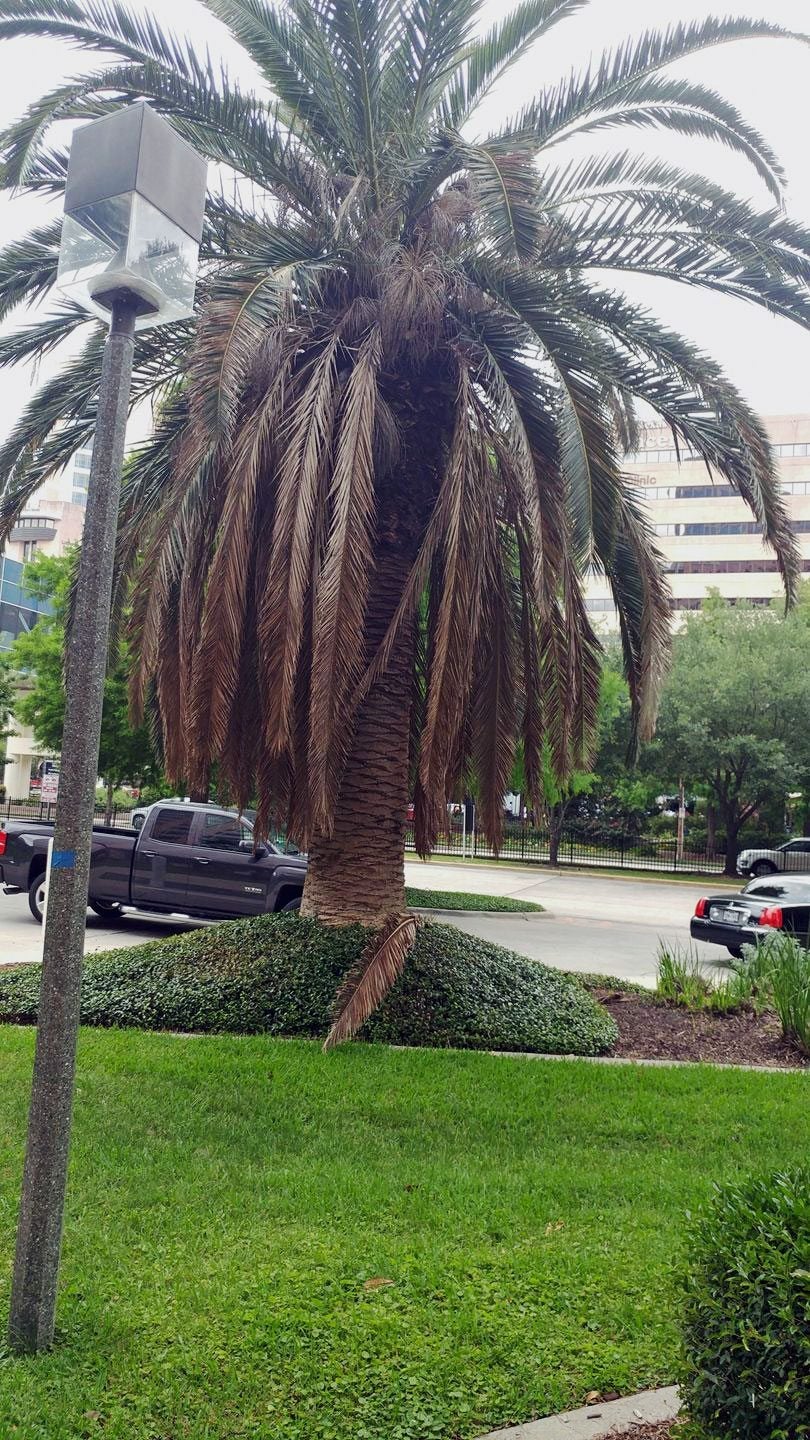 Palm Tree Dropping Fronds: Can You Save A Palm Tree Without Fronds
Palm Tree Dropping Fronds: Can You Save A Palm Tree Without FrondsThere are a number of reasons for palm tree fronds falling off, from natural "cleaning" to damaging cultivation, disease, and pest issues. If there are no fronds on a palm tree, the plant may be in real trouble but it is possible to still save it. Learn more here.
By Bonnie L. Grant
-
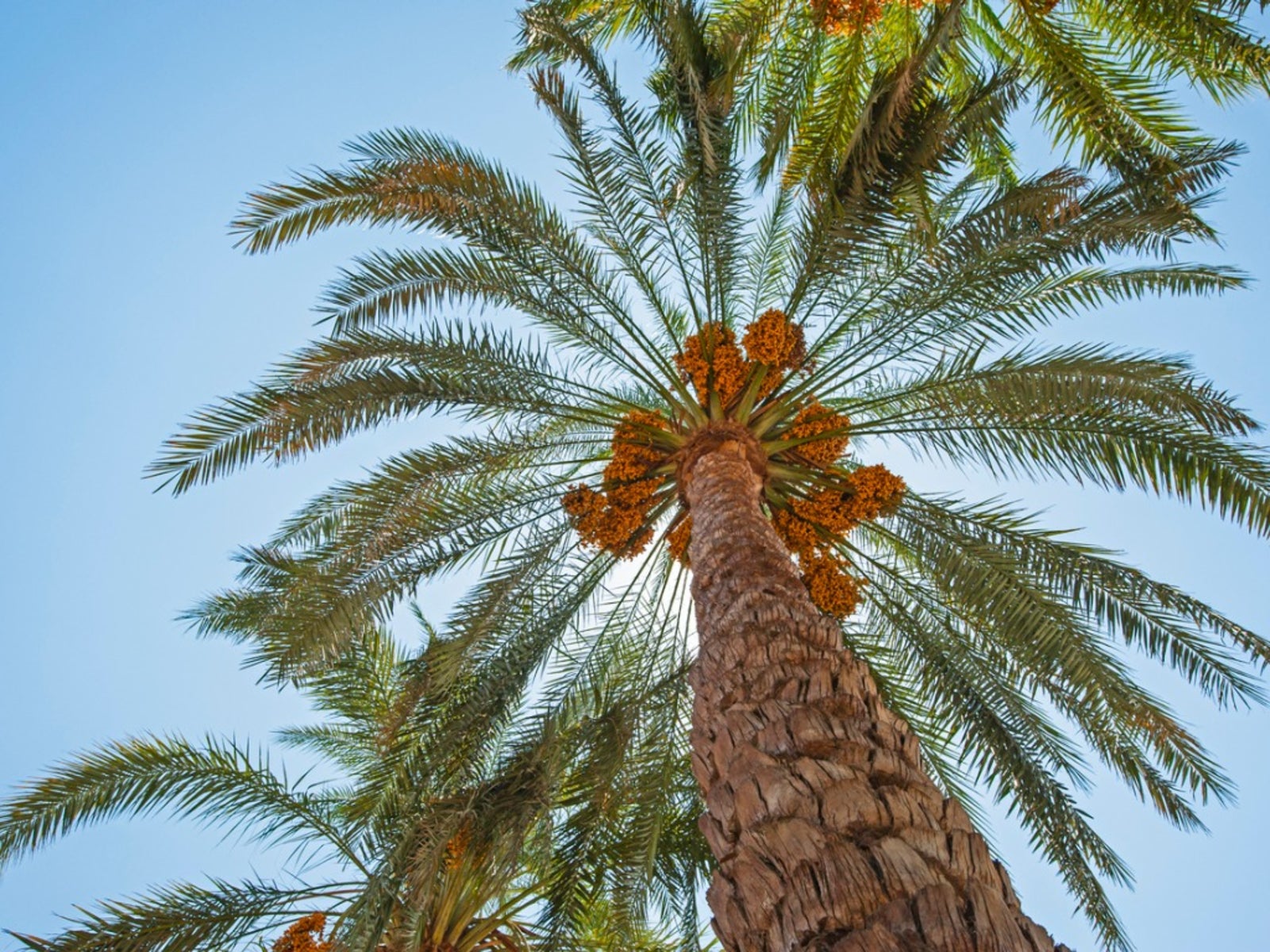 What Is Lethal Yellowing Disease: Learn About Lethal Yellowing Of Palms
What Is Lethal Yellowing Disease: Learn About Lethal Yellowing Of PalmsLethal yellowing is a tropical disease that affects several species of palm. This disfiguring disease can devastate landscapes in South Florida that rely on palms. Find out about lethal yellowing treatment and detection in this article.
By Jackie Carroll